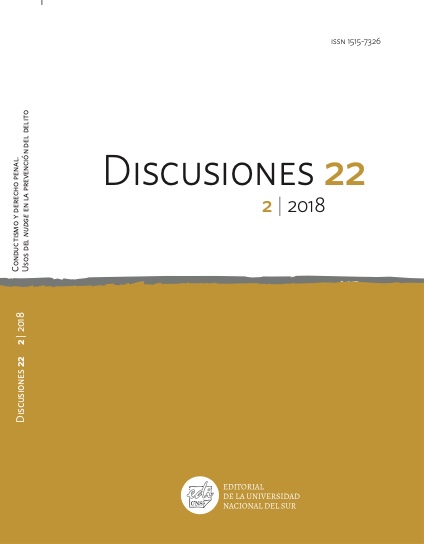Facing Up
DOI:
https://doi.org/10.52292/j.dsc.2018.2227Keywords:
Behavioral Law and Economics, Criminal Law, False problem, Mutual influence, Modelling legal normsAbstract
This response to Moreno Cruz, Richter, and Malecka clarifies and addresses some objections to our article "Análisis conductual del derecho penal y su aplicación: Una amistosa revisión crítica". First, we do not agree with Moreno Cruz’s skillful attempt to show that the tension between traditional criminal law theory and behavioral law and economics is a false problem. The two rest on two visions of human nature which are in tension with each other. Richter raises the possibility that using biases to increase deterrence may ironically be counter-productive as it may erode the con- viction that criminal law is moral. We provide reasons why this hypothesis although possible is unlikely to be true. Finally, we welcome Malecka’s observations to examine the effects of legality as such on incentives. It is possible that incentives may differ between the case in which a norm is a legal and a case in which it is a social or moral norm. This concern should be examined empirically.
Downloads
Published
How to Cite
Issue
Section
License
Discusiones does not withhold rights of reproduction or copyright. Consequently, authors may share the final versions of publications.


